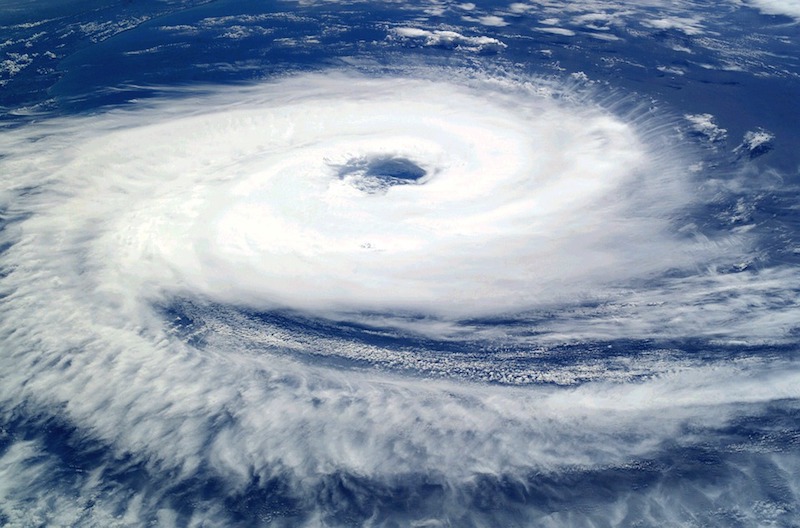Recent storms such as Hurricane Florence in the U.S. and Typhoon Mangkhut, which struck the Philippines and China, highlight the need for decentralized infrastructure, according to a recent Bloomberg article co-written by an energy analyst.
“On the basis of economics alone, the power systems of many countries will become highly decentralized in coming years,” the article says. By mid-century, more than a third of power-generation capacity in Japan will be customer-controlled in homes and businesses, the analyst asserts.
In Brazil, more than half of power generation will be in the control of private customers. If millions of small generators compensate for a small number of centralized failures, such decentralization would make electric systems more resilient.
While decentralization will grow based on the cost of energy, it will take government action as well. “Centralized decisions on things like building codes and flood zones can catalyze resilience,” the article says.
Related Stories
| Jan 26, 2012
Industry challenges Connecticut's suit over defective construction work
The dispute arose over multimillion-dollar leaks at the University of Connecticut's law library.
| Jan 26, 2012
Earthquake 'fuse' could save buildings during temblors
The idea is to use an earthquake "fuse" that can prevent the tiny fractures and warps that make structures unsafe after a quake and very expensive to repair.
| Jan 26, 2012
HPD open materials standard for green building materials gains momentum
GreenWizard, provider of a cloud-based product management and project collaboration software, is the latest industry participant to sign on
| Jan 26, 2012
Siemens launches smoke detection knowledge center
New knowledge center web site demonstrates efficacy of smoke detection.
| Jan 18, 2012
Chile's seismic code upgrades credited with saving lives in 2010 quake
Since 1960, when Chile suffered a 9.5 magnitude quake, the largest ever recorded; the country has steadily improved building codes to protect lives and property.
| Jan 18, 2012
Report analyzes residential hurricane codes in 18 states
The Insurance Institute for Business & Home Safety (IBHS) released a new report analyzing residential building codes in 18 hurricane-prone coastal states along the Gulf of Mexico and the Atlantic Coast.
| Jan 18, 2012
Death in Chicago high-rise apartment fire blamed on fire code
The death of a Chicago woman who stepped off her elevator into a blazing inferno last week has underscored the need for fire sensors in elevators.
| Jan 18, 2012
California approves open cell spray foam for energy efficiency standards
The California Energy Commission (CEC) now recognizes open-cell spray foam as an accepted insulation in its 2008 Building Energy Efficiency Standards.
| Jan 5, 2012
Building to LEED standards now an 'easy call' from cost standpoint
Once seen as a cost burden, building to LEED standards is now an "easy call," according to Dan Probst, chairman of energy and sustainability for real estate management and development firm Jones Lang LaSalle.
| Jan 5, 2012
Minnesota's GreenStep Cities program aids communities in winning grants
GreenStep Cities, a Minnesota initiative, was designed to provide greater recognition to the state's communities for achievements in meeting sustainability standards and goals.

















